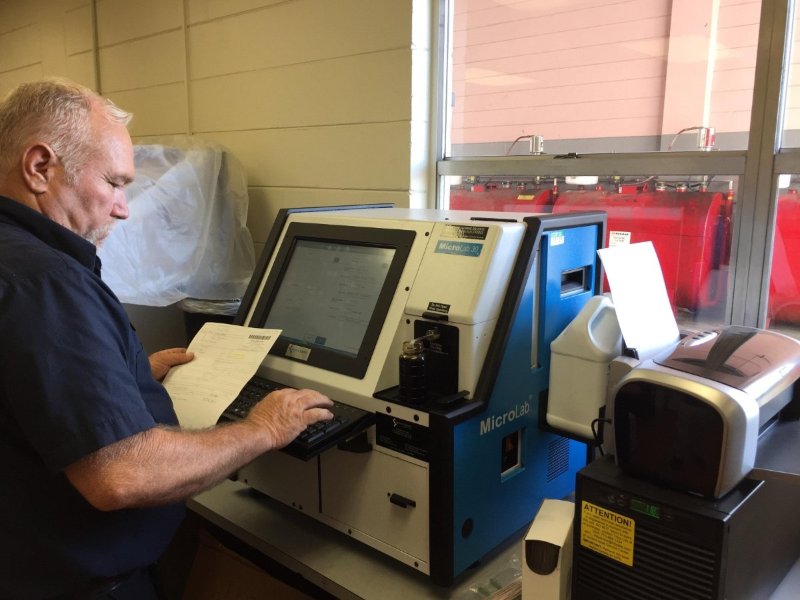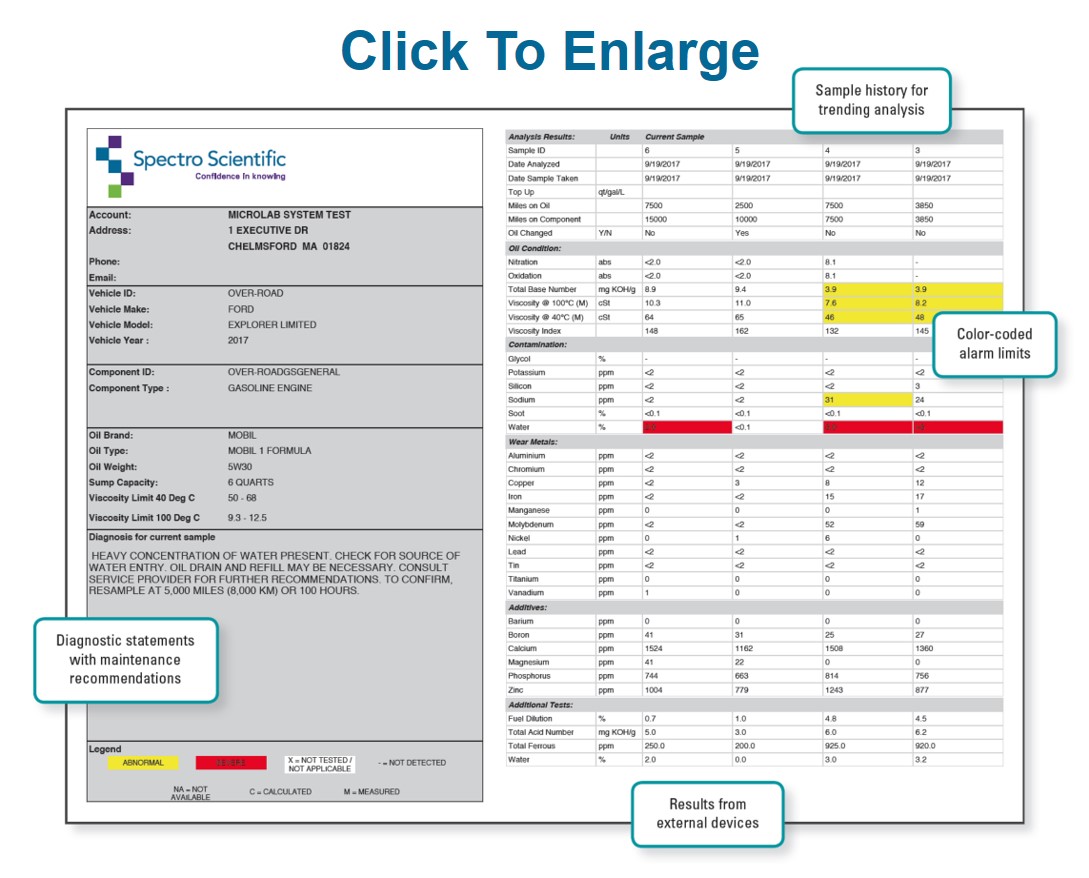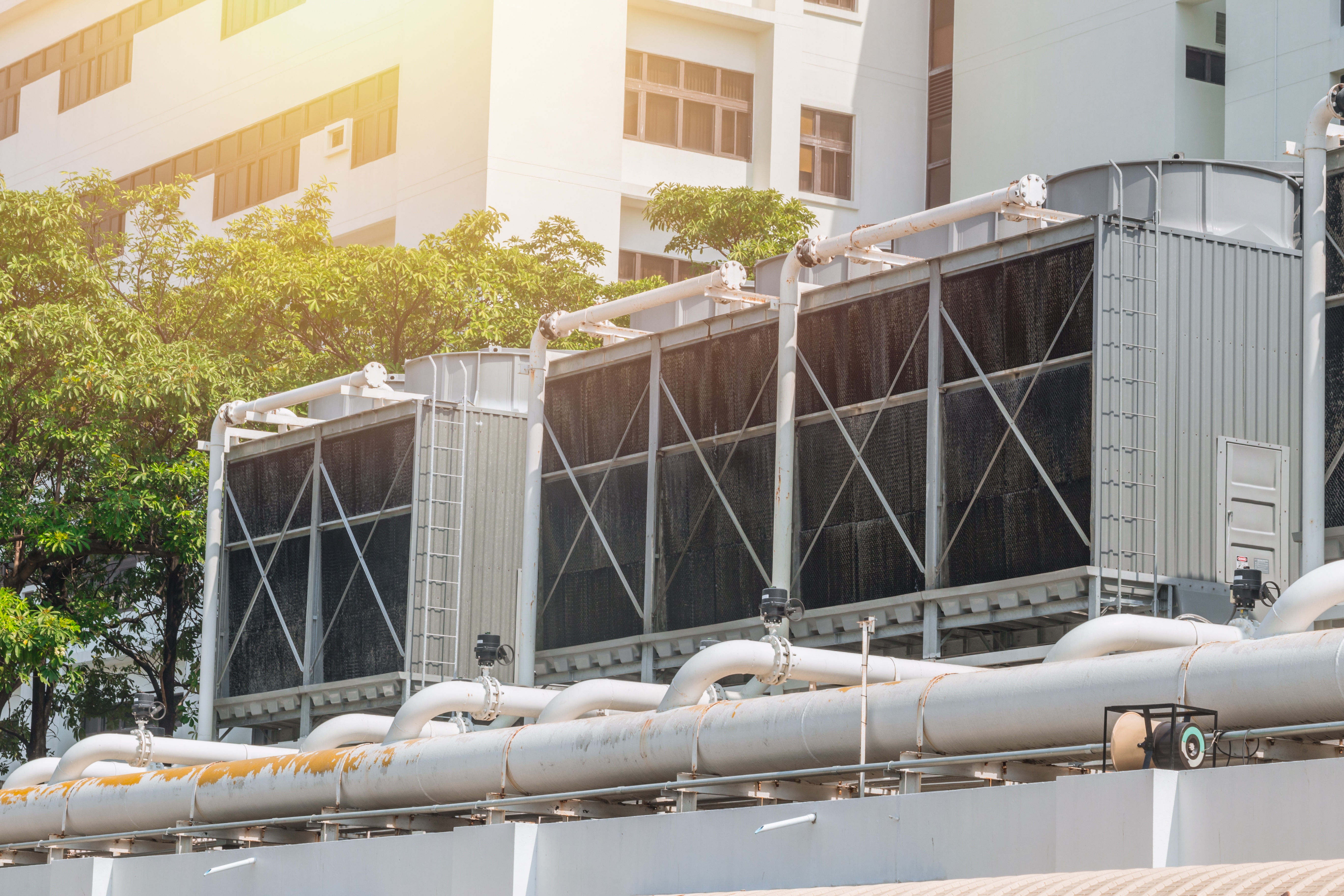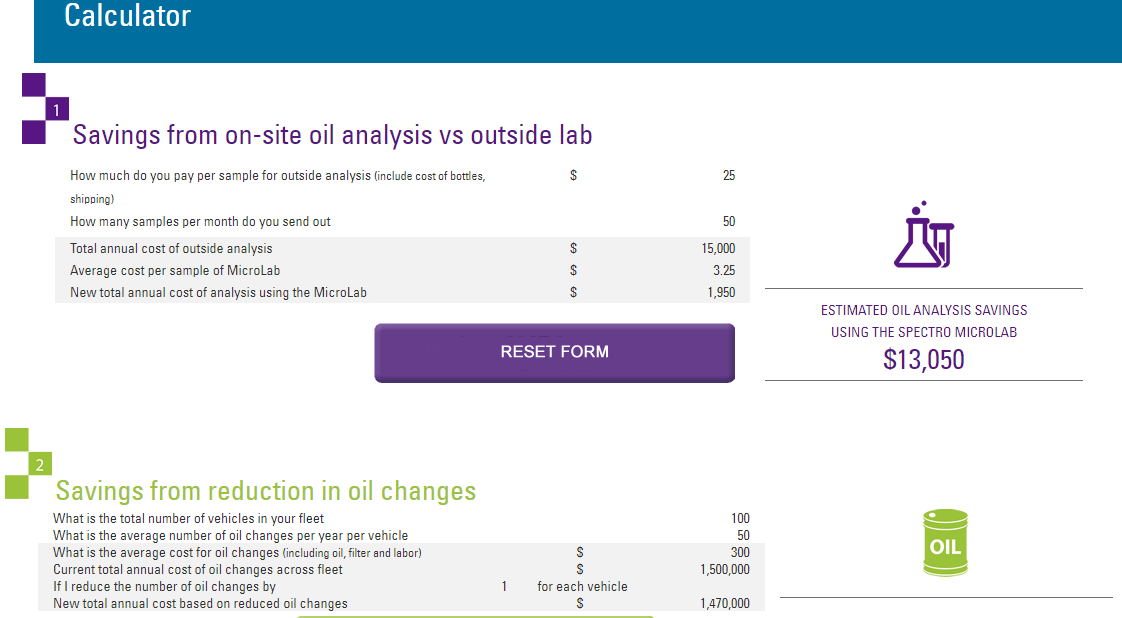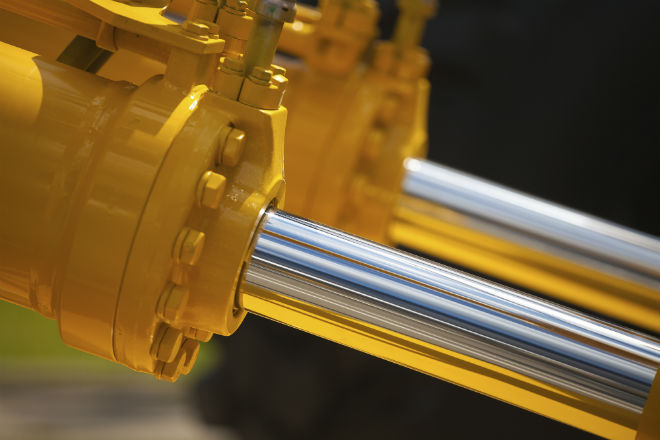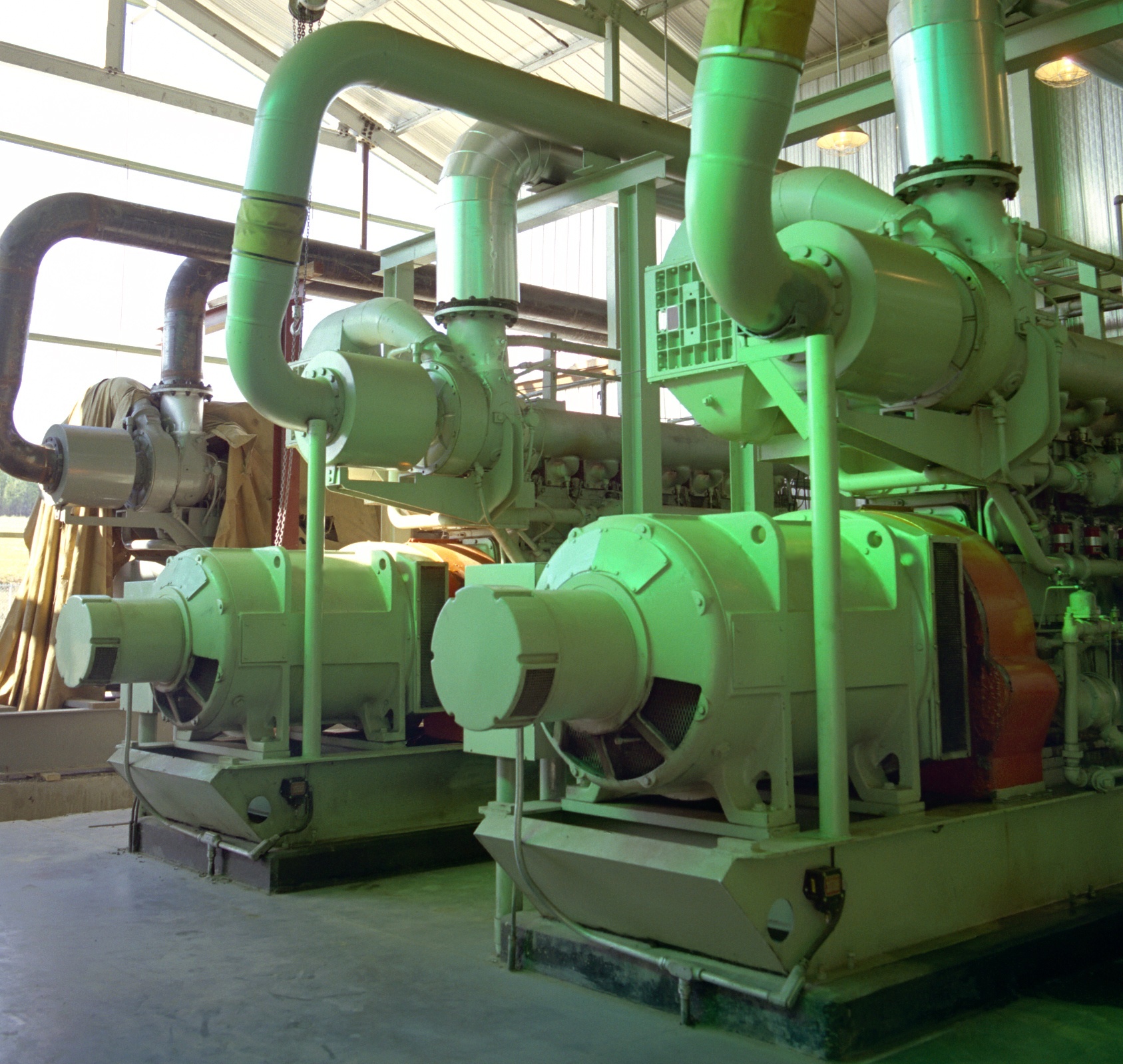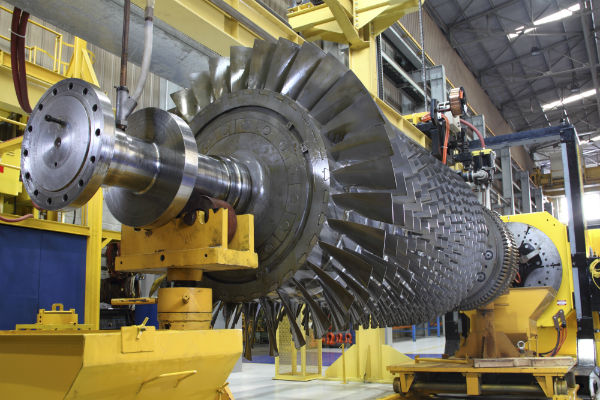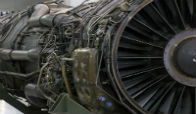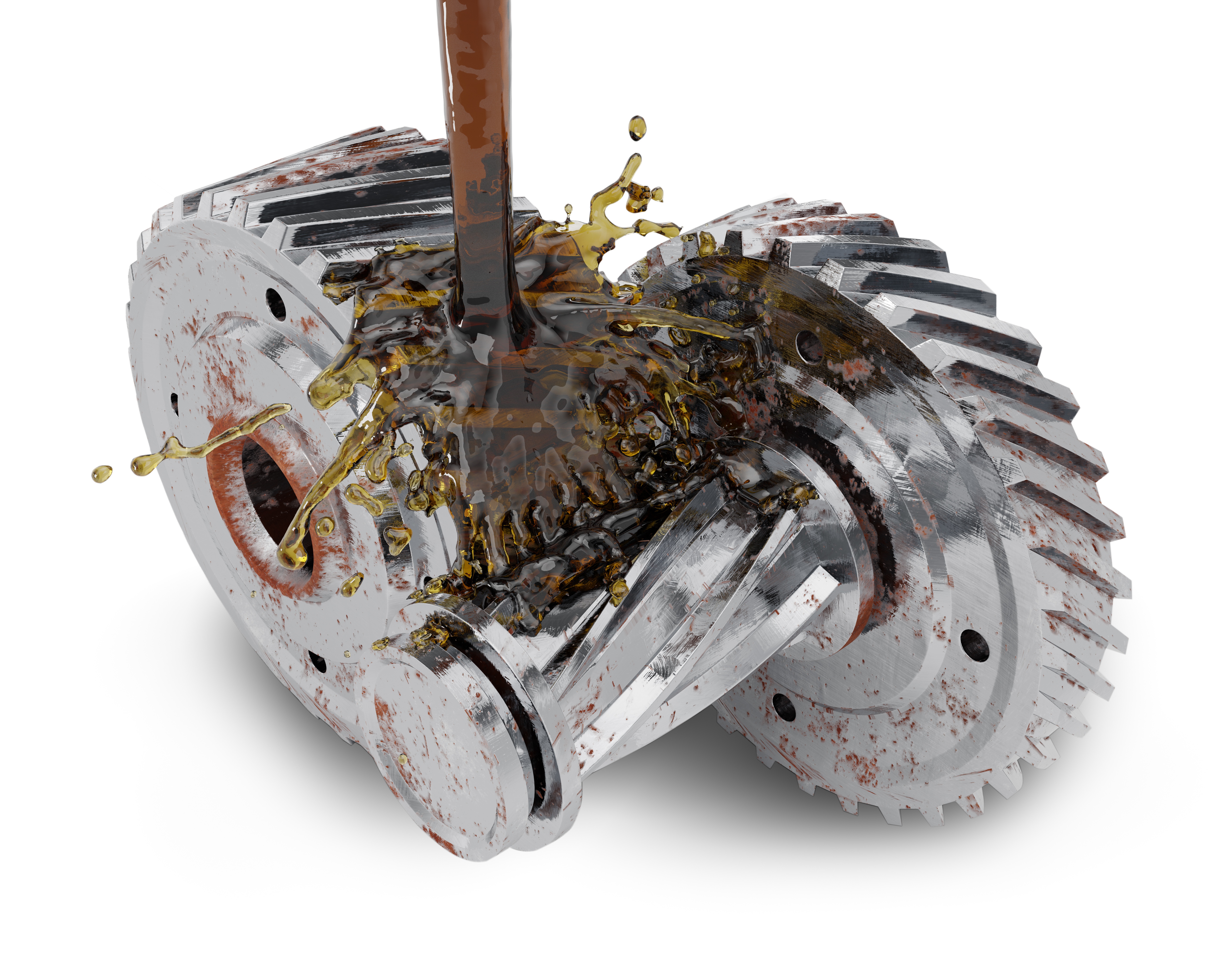Compressed Air is considered to be the 4th utility after power, water and fuel (natural gas), and usually the one that all customers must generate and provide themselves. Compressed air is the energy of choice to power a great variety of applications across fleet and industrial applications. Since compressors are integral to providing the power for a variety of machines throughout a plant or on a vehicle, reliability and uptime of compressors is paramount.
Oil analysis is a key tool used to ensure that compressors stay up and running and that unscheduled downtime is minimized. This brief Ask the Expert video explains the parts of a compressor that are typically monitored using oil analysis, the most common failure modes for compressors, what types of tests are typically run on the oil, and what on-site instruments are best-suited to performing that suite of tests.

